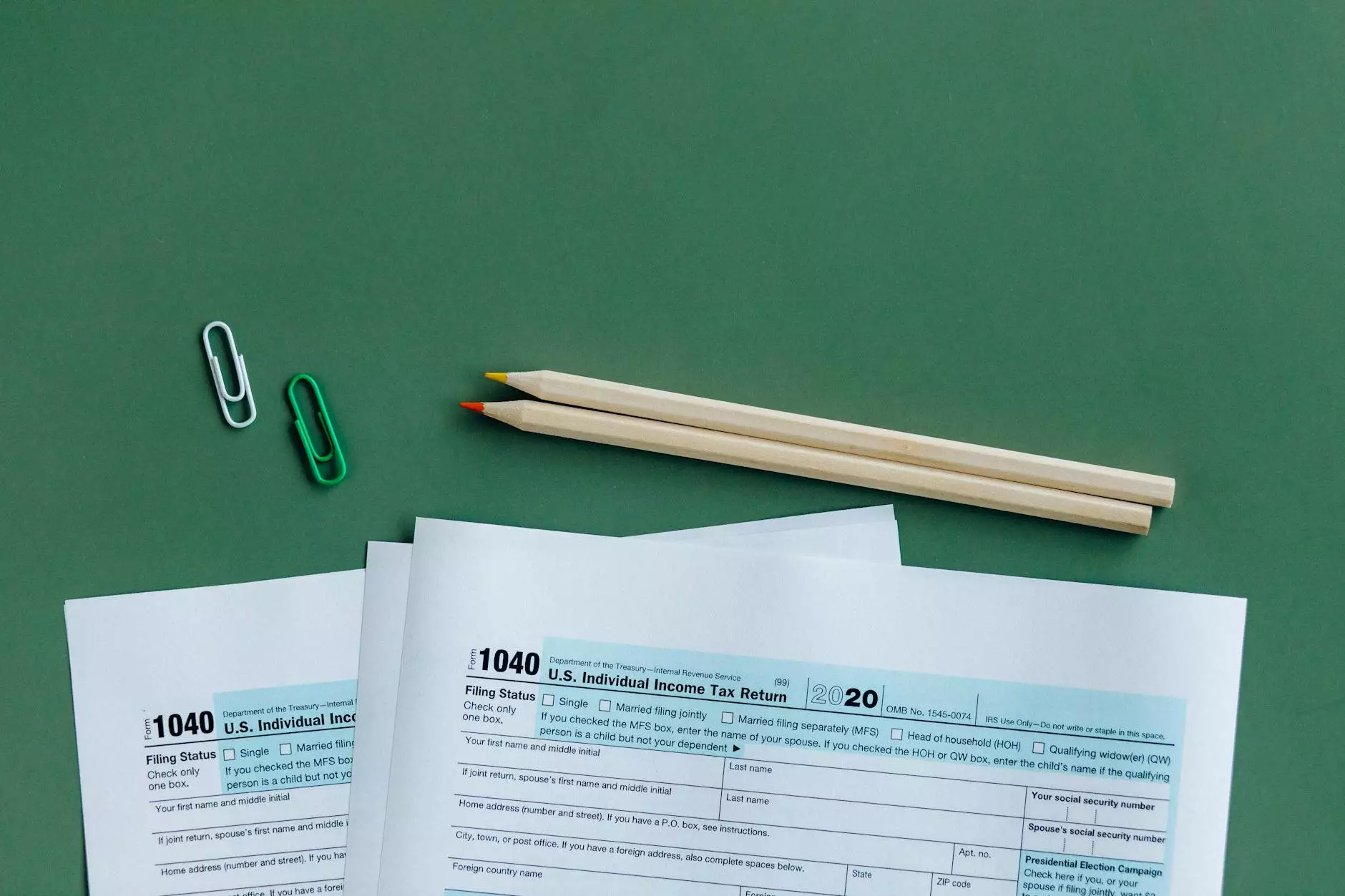Understanding GST on Rent: A Complete Guide

When it comes to managing expenses, one of the most common questions that arise for tenants and landlords alike is “is there GST on rent?” The Goods and Services Tax (GST) has significant implications for rental arrangements, influencing how both parties must approach financial transactions. This comprehensive guide seeks to clarify the complexities of GST on rent, ensuring you are well-informed whether you're renting out a property or renting one yourself.
What is GST?
The Goods and Services Tax (GST) is a value-added tax levied on most goods and services sold for domestic consumption. Implemented in many countries, including India, Australia, and Canada, GST aims to streamline the tax structure, making it more efficient and transparent. It replaces various indirect taxes previously imposed at a national and state level.
How Does GST Affect Rent?
Rental payments, like other services, can attract GST under specific circumstances. Understanding when and how GST applies to rental payments is crucial for proper financial planning. Let’s delve into this:
1. Residential vs. Commercial Rent
One of the primary factors that determine if GST applies to rent is whether the property is residential or commercial.
- Residential Rent: Generally, residential premises rented for occupancy purposes are exempt from GST. This means tenants do not pay GST on their rent, which provides some relief in their monthly budgeting.
- Commercial Rent: Conversely, rental payments for commercial properties usually attract GST. Landlords must charge GST on the rent they receive for properties used for business purposes.
2. GST Registration for Landlords
Another vital aspect to consider is whether the landlord is registered for GST. Landlords who need to charge GST must be registered. Here’s how it works:
- If a landlord’s taxable turnover exceeds the GST registration threshold, they must register for GST. Once registered, they will need to charge GST on the rent of their commercial properties.
- Landlords can also claim input tax credits for the GST paid on expenses related to their rental property (e.g., maintenance, repairs), which can offset their GST liability.
3. Treatment of GST in Rental Agreements
It's important that rental agreements clearly specify whether GST is applicable. Clarity in agreements helps prevent disputes later. Here’s what should be addressed:
- The total rent amount per period (monthly, annually, etc.).
- Whether the amount includes GST or if it will be charged separately.
- Any additional costs that may attract GST, such as common area maintenance fees in commercial properties.
Understanding Input and Output Tax Credits
As previously mentioned, registered landlords can claim input tax credits for GST paid on certain expenses. This process can significantly impact your overall tax burden. Below are the key points about input and output tax credits:
1. Input Tax Credit (ITC)
ITC allows registered landlords to recover the GST paid on their business expenses. This may include costs related to:
- Repairs and maintenance of the property.
- Property management services.
- Professional fees for accounting and legal services.
By claiming ITCs, landlords can effectively reduce the overall cost of owning and renting out their property.
2. Output Tax
Output tax refers to the GST collected from tenants. It must be reported in the GST return by the landlord. The landlords need to keep precise records to ensure they meet their tax obligations and can properly report their income.
The Role of Local Regulations
GST application can also vary based on local regulations. It's essential to be aware of any specific laws governing rental agreements in your area. Some points to consider include:
- Local state laws may dictate the standard practices for charging GST on rent.
- Different states may have different thresholds for GST registration.
- Always check for any local rebates or exemptions that might apply.
Practical Implications for Tenants and Landlords
Understanding whether there is GST on rent has practical implications for both parties. Consider the following aspects:
For Tenants
- Tenants in commercial leases need to prepare for additional costs due to GST and should ensure that the expected rent covers this.
- For residential tenants, the absence of GST can make renting more affordable; however, they should be aware of potential service charges that might incur GST.
For Landlords
- Commercial landlords must ensure they are GST-compliant by registering if necessary and correctly charging tenants.
- Understanding input tax credits is essential for maximizing profitability. Keeping good records will facilitate smoother tax filings.
Common Questions About GST on Rent
Here, we address some frequently asked questions regarding GST on rent to provide further clarity:
1. Is GST applicable if I rent out a room in my home?
No, allowing someone to rent a room in a residential property typically does not attract GST unless you are providing substantial additional services.
2. How do I determine if I need to charge GST?
If you are renting out a commercial property or your annual taxable turnover exceeds the GST registration threshold, you must charge GST.
3. What happens if I don't charge GST when I should?
Failing to charge GST when required could lead to penalties or fines from tax authorities, and you may also find yourself liable for the unpaid tax to be ultimately collected from you.
4. Can I avoid GST on my rent?
This is dependent on the type of property and amount of rental income. Residential rents are generally exempt, whereas commercial rents are not.
Conclusion
In summary, understanding the GST implications on rent is essential for both landlords and tenants. Knowing is there GST on rent and under what conditions it applies can lead to smarter financial decisions, better compliance with local tax laws, and ultimately a more fruitful rental experience. Whenever possible, consult with a tax professional or accountant to ensure you’re making the most informed decisions regarding your rental agreements.
For comprehensive financial advice and tax services, visit us at taxaccountantidm.com. We specialize in assisting clients with navigating complex tax issues, ensuring compliance and maximizing potential savings through expert advice.









